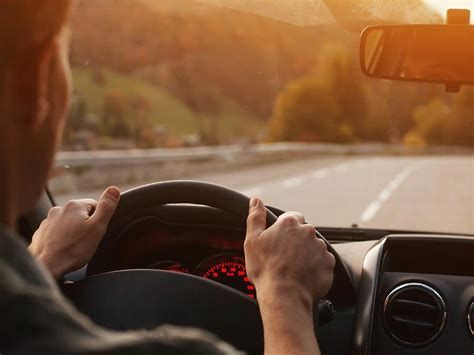Before you hit the expressway, make sure your car is ready to go the distance.
Whether you’re heading from Lagos to Abuja, doing a December trip to the village, or just escaping town for the weekend, long-distance driving in Nigeria can be exciting—but also unpredictable. Rough roads, random police stops, and sudden weather changes can turn a smooth trip into a roadside drama.
The good news? Most problems can be avoided with a simple pre-trip checklist. Here’s what every smart driver should check before taking off.
1. Engine Oil Level and Quality
Why it matters:
Oil keeps your engine cool and running smoothly. Low or dirty oil can lead to overheating or engine seizure.
What to do:
-
Check the oil dipstick before the trip.
-
If it’s dirty (thick and black) or below the minimum line—change or top up immediately.
2. Coolant and Radiator Check
Why it matters:
Overheating is one of the top causes of breakdowns on Nigerian roads.
What to do:
-
Make sure there’s enough coolant in the reservoir.
-
Inspect for leaks under the car.
-
Use proper coolant—not just water!
3. Tires (Including the Spare!)
Why it matters:
Worn-out tires = poor grip, blowouts, and no help during rainy road stretches.
What to do:
-
Check tread depth—should be above 1.6 mm.
-
Look for cracks, bulges, or uneven wear.
-
Confirm all tires (including the spare) are properly inflated.
-
Don’t forget your jack and wheel spanner.
4. Brake Condition
Why it matters:
You don’t want to find out your brakes are bad while going downhill at 100 km/h.
What to do:
-
If your brakes are squeaking, soft, or vibrating—get them checked or replaced.
-
Test them before your trip, especially if you’ve noticed anything unusual lately.
5. Lights and Indicators
Why it matters:
You’ll be driving at different times of day, and you need to be seen—especially in poor visibility or at night.
What to do:
-
Test headlights (high and low beam), brake lights, indicators, and hazard lights.
-
Replace any burnt-out bulbs before hitting the road.
6. Battery Health
Why it matters:
A weak battery won’t start your car after a fuel stop or rest break.
What to do:
-
Check the terminals for corrosion.
-
If your battery is over 2 years old or slow to crank, have it tested before you go.
-
Bring jumper cables—just in case.
7. Wipers and Windshield Washer Fluid
Why it matters:
You can’t avoid rain—and dusty roads are real too.
What to do:
-
Replace worn wiper blades.
-
Top up washer fluid with clean water or wiper solution.
8. Fuel System and Gauge
Why it matters:
Some routes have long stretches without fuel stations (or fuel at all).
What to do:
-
Fill your tank before leaving town.
-
Consider carrying an extra fuel can—safely and securely.
9. Documents and Essentials
Why it matters:
FRSC and police stops are common. You’ll need to prove you and your car are road-legal.
What to bring:
-
Driver’s license
-
Vehicle papers (insurance, registration)
-
Caution sign, fire extinguisher, reflective vest, spare tire
-
Torchlight, phone charger, power bank, cash
10. Emergency Kit & Snacks
Why it matters:
Breakdowns, traffic, and detours happen. Be ready for delays.
What to include:
-
First-aid kit
-
Bottled water and snacks
-
Basic tools
-
Towel or rag
-
Personal meds or documents
Pack Confidence, Not Just Bags
A great road trip starts before you even turn the key. By checking these things ahead of time, you reduce your chances of delays, breakdowns, or stress on the road.
Your car deserves a quick checkup—so you can enjoy the journey without pit stops that weren’t planned.
